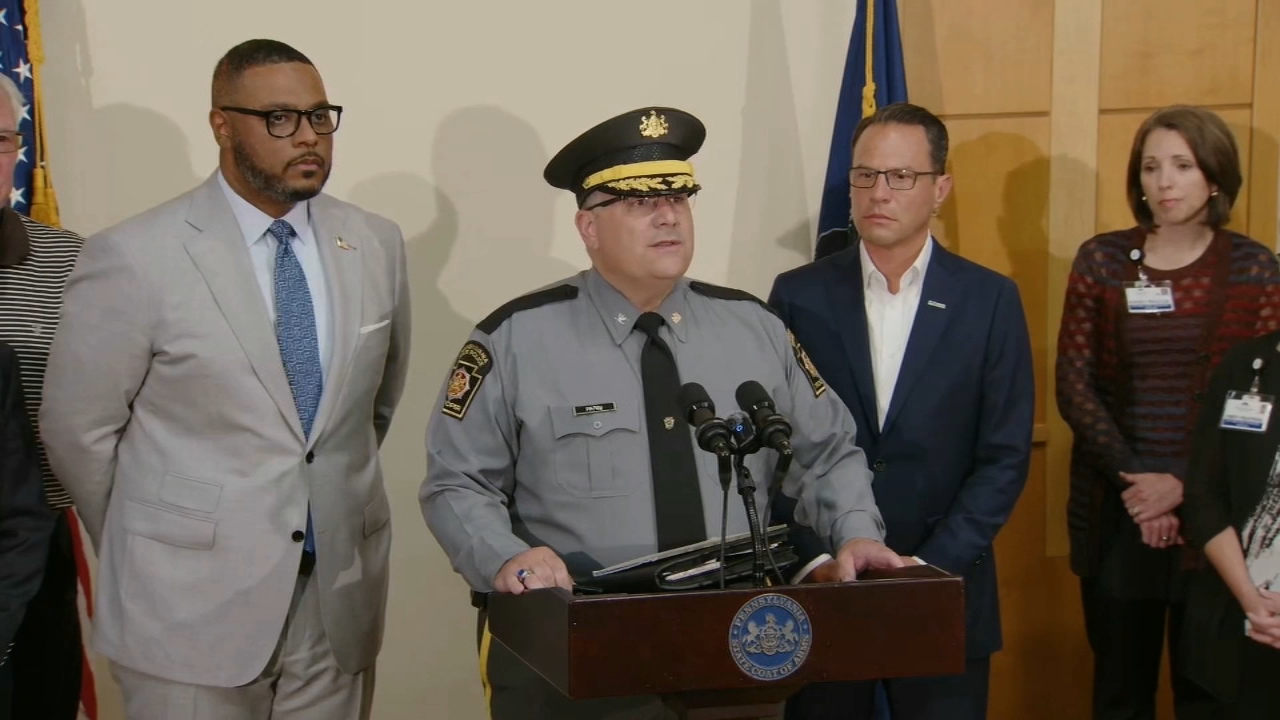Israel Intensifies Strikes on Gaza Intensifies as Ceasefire Talks Attempt to Restart
August 12 – Gaza City:
Israeli air and ground forces intensified attacks across eastern Gaza City overnight, leaving at least 11 Palestinians dead, according to local medics and eyewitness accounts. The bombardment, which struck residential areas in Zeitoun and the city center, occurred amid renewed efforts to restart stalled ceasefire negotiations. Among the dead were families trapped in destroyed buildings, highlighting the rising civilian toll as the conflict grinds on.
Simultaneously, high-ranking Hamas official Khalil Al-Hayya arrived in Cairo on Tuesday to engage in discussions aimed at reviving a U.S.-backed ceasefire proposal. These diplomatic talks, set to officially begin on Wednesday, are being brokered by Egypt and are expected to focus on achieving a cessation of hostilities, ensuring the entry of humanitarian aid, and alleviating the immense suffering of civilians in the besieged enclave.
Hamas spokesperson Taher al-Nono emphasized that the movement is committed to seeking a peaceful resolution, stating the meetings will explore “serious steps to stop the war and bring relief to our people.”
Ceasefire Talks Remain Fragile
Previous indirect negotiations, held in Qatar, collapsed in late July without an agreement. Disagreements remain stark, especially over Hamas’s refusal to disarm and Israel’s insistence on full military control of Gaza. Despite this, sources close to the negotiations said Hamas is willing to return to the table and discuss solutions, though only under conditions that preserve Palestinian political and territorial integrity.
A senior Palestinian official, speaking on condition of anonymity, revealed that Hamas is prepared to hand over governance of Gaza to an impartial administrative body, but will not surrender its weapons until a sovereign Palestinian state is realized.
Meanwhile, Israeli Prime Minister Benjamin Netanyahu, under pressure from his far-right coalition partners, has vowed to continue military operations until Hamas is dismantled entirely. His proposed strategy includes expanding Israeli control over Gaza City—an area that had been previously captured and then evacuated shortly after the outbreak of war in October 2023.
This proposal has sparked controversy both domestically and internationally. Within Israel, military leaders have warned that advancing deeper into Gaza’s urban centers could endanger the lives of remaining Israeli hostages and expose troops to heightened risks. Globally, the plan has provoked increasing condemnation, with humanitarian organizations and foreign governments citing the worsening conditions for Gaza’s 2.2 million residents.
Mounting Humanitarian Crisis and International Outcry
The humanitarian situation in Gaza continues to deteriorate at an alarming rate. On Tuesday, foreign ministers from 24 countries—including the United Kingdom, Canada, Australia, France, and Japan—issued a joint statement describing the crisis as reaching “unimaginable levels.” The ministers demanded that Israel allow unrestricted access for humanitarian aid and put an end to the violence near aid distribution points.
Israel has rejected accusations that it is responsible for starvation in Gaza, attributing the crisis to Hamas and claiming that the group diverts aid for military use. Israeli officials have pointed to measures such as limited daily pauses in fighting and the creation of protected routes for aid convoys. However, aid agencies and UN bodies argue that these steps are insufficient and inconsistently implemented.
According to Gaza’s Health Ministry, five additional deaths from starvation and malnutrition were recorded in the past 24 hours, including two children. This brings the total number of such deaths to 227, with 103 of them being children. Israel has challenged the accuracy of these figures, alleging that the reports from the Hamas-run ministry are politically motivated.
Civilian Casualties Escalate
The toll from Israeli airstrikes continues to rise. Over the last 24 hours, 89 Palestinians were killed, according to Gaza’s health ministry. Among them were seven individuals from two homes in the Zeitoun neighborhood and four others from an apartment block in central Gaza City.
In southern Gaza, an airstrike on a residential house in Khan Younis killed a couple and their child, while another airstrike on a tent camp in the coastal area of Mawasi claimed the lives of four more civilians.
The Israeli military acknowledged ongoing operations but said it was reviewing reports of civilian casualties and maintained that precautions are taken to minimize harm to non-combatants. Separately, the Israel Defense Forces (IDF) reported that dozens of militants had been killed in northern Gaza over the past month, and several Hamas tunnels had been destroyed.
Background of the Conflict
The ongoing war was triggered by Hamas’s surprise attack on October 7, 2023, during which militants stormed into southern Israel, killing approximately 1,200 people and taking 251 hostages, according to Israeli data.
Israel’s retaliatory campaign has since resulted in the deaths of over 61,000 Palestinians, as reported by Gaza’s health authorities—a figure that the United Nations has described as credible. The civilian toll, compounded by displacement, hunger, and limited access to healthcare, has drawn increasing global condemnation and calls for a durable ceasefire.



https://shorturl.fm/Hjo48
https://shorturl.fm/FJwCm